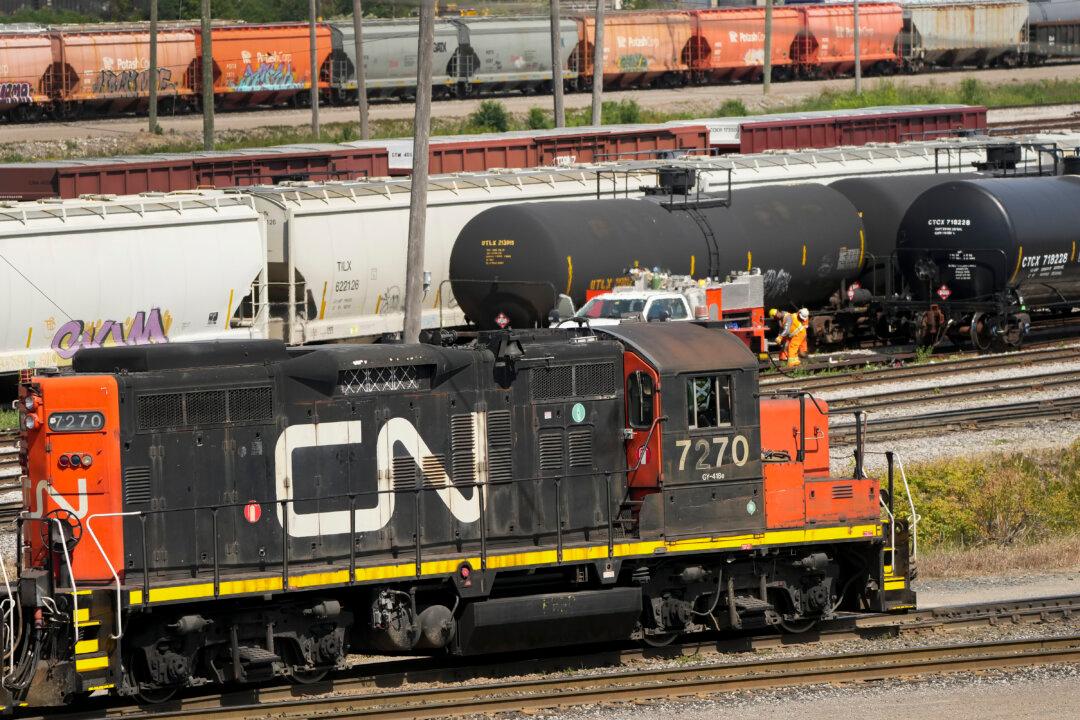The country’s two main railways have started to halt shipments ahead of a possible strike or lockout next week, the first stage in a wind-down as the bargaining deadline approaches.
Canadian National Railway Co. said in an internal memo obtained by The Canadian Press that the company began to embargo hazardous goods from the U.S. on Monday in anticipation of a work stoppage.





